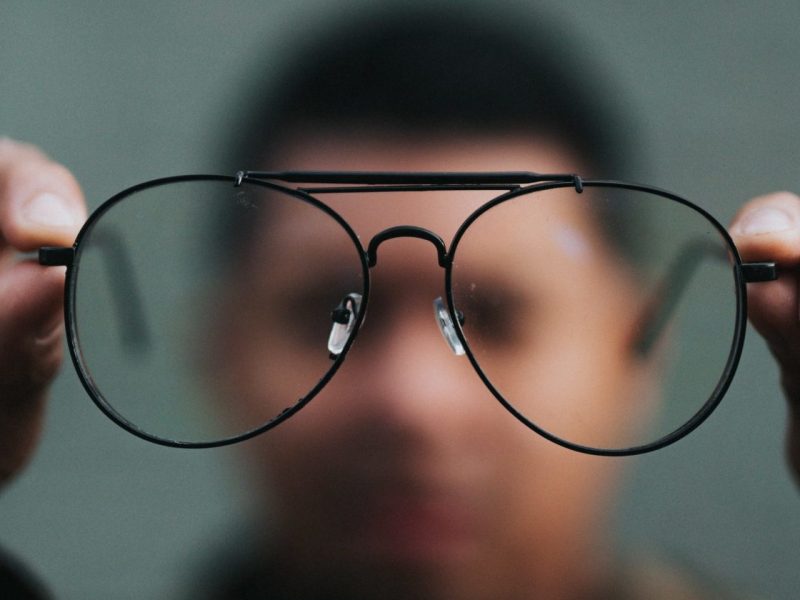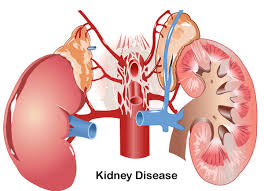Common Causes of Poor Eyesight Poor eyesight is one of the most common medical conditions, affecting about a third of the population. If you have poor eyesight, you may have difficulty reading and doing many daily tasks. Poor eyesight is often associated with other medical conditions, such as diabetes and high blood pressure. Poor eyesight can also occur in isolation.
Common Causes of Poor Eyesight
What Causes Poor Eyesight?
Even if having a low vision is a congenital condition, you may have developed habits that would eventually impair your vision. Some of the most popular undesirable behaviors to avoid are listed below.

Prolonged Time On-screen
Long computer, TV, and projector screen sessions, and smartphone reading can cause dry eyes, impaired vision, and other health issues. Digital screen protection eyewear can help reduce computer eye strain, but you should still limit how much time you spend in front of the screen. Every twenty minutes, give your eyes a rest by looking away from the screen and focusing on a distant object. To help lubricate your eyes, you should slowly blink ten times.
Dehydration
Dehydrated eyes are more likely to occur if you don’t drink enough water. The consequence will be swollen, dry, and red eyes. There is no recommended daily intake of cups. For men, you should aim for 15.5 cups, and for women, 11.5 cups. Urine color, however, serves as the best indicator of hydration. You want your urine to have a pale yellow color. You may be overhydrating if you have clear urine.
Poor Diet
You should watch what you put into your body, just as you should be mindful of how much water you consume. An unhealthy diet is detrimental to your eyes. Leafy greens, eggs, almonds, and shellfish are among the dishes that our eyes enjoy.
Sleep Deficiency
Once a person starts receiving less than six to eight hours of sleep every night, eye fatigue and strain might begin to develop. Not only you, but everyone else needs to sleep. You also give your eyes time to be consistently lubricated when you receive enough sleep.
Frequent eye rubbing
Although it may seem like a harmless practice, rubbing your eyes can really cause new or worsened eye issues. Rubbing your eyes excessively can aggravate glaucoma and myopia, both of which directly damage your vision. Overly rubbing your eyes can actually cause keratoconus to develop. When this happens, the cornea thins out and changes shape, becoming conical instead of spherical.
Ignoring Eye Tests
During routine eye checkups, optometrists can identify eye illnesses and visual issues. Avoiding these tests may cause you to miss problems when they emerge. Without a warning indication, your options for preventing these problems are limited. Even though making an appointment with an optometrist may initially seem cumbersome, it’s a wise long-term investment in your eye health.
Smoking
The first thing that probably springs to mind when you think of smoking and health issues is probably not your eyes. Smokers should be particularly concerned about vision loss in addition to heart disease and lung cancer. Smoking increases the risk of age-related macular degeneration (AMD), glaucoma, dry eye, and cataracts, which are the most prevalent eye conditions. In actuality, compared to non-smokers, smokers are more prone to acquire AMD. more likely to be accurate by four times. Cataract development is also more likely among smokers.
Eyes not Protected from Sunlight
Do you know that sunburn can cause eye damage? Pretty bizarre, yes. Photokeratitis is a sunburn on the surface of the eye. Sunburned eyes are only one issue that might occur if you don’t use sunglasses frequently enough. People who don’t use eye protection from the sun are more likely to get cataracts, cancer, and macular degeneration.
Working with Dim Lights for Prolong Hours
Working in low light can cause difficulties for your eyes in a manner similar to how gazing at a screen all day can. To focus, your eyes must work harder, which can exhaust them and cause eye fatigue. Bright light isn’t much better for your eyesight than dim light, though, either. Make any required adjustments to your home and workplace to help your eyes.






